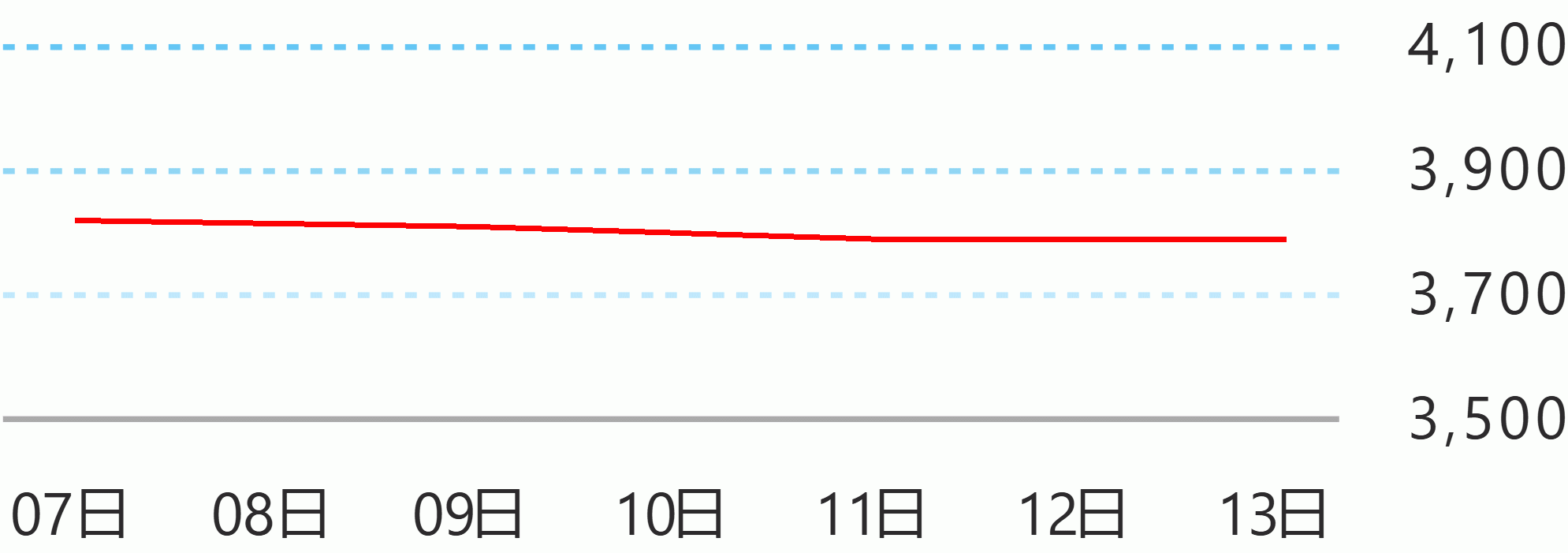The National Food Authority Council's plan to import 250,000 metric tons of rice by middle of this year is already too late as NFA buffer stock has been depleted, NFA said on Saturday.
In a statement, NFA administrator Jason Aquino also slammed those who have been accusing the NFA of being involved in a syndicate or rice cartel following earlier report of shortage in government-subsidized rice.
"The NFA's buffer stock is on the road to depletion and that means our poor countrymen won't be able to enjoy the availability and affordability of NFA rice in the next few months," he said.
NFA Council, an interagency body headed by Cabinet Secretary Leoncio Evasco Jr., approved last week the importation of 250,000 MT of rice after President Rodrigo Duterte made an order amid reports of NFA rice shortage in the market.
But Evasco said the arrival of the imported rice would happen in the first week of June after the harvest season in the Philippines.
Prior to Duterte's order, Evasco expressed doubt if there was really a shortage since the NFA Council was not able to receive a recommendation from the food security committee that there was an urgency to import rice.
Agriculture Secretary Emmanuel Pinol has accused that there was rice cartel in the NFA, which allegedly was unduly favoring several rice wholesalers over others.
"It is highly lamentable that some individuals or groups would rather find fault elsewhere, rather than help in finding solutions to the problem of low government food security stocks so we could immediately bring back to the markets affordable NFA rice for the masses," Aquino said.
He welcomed the plan of the NFA Council to conduct an audit or inquiry into the NFA's rice distribution system.
He said this would be a chance for the NFA to clarify and explain the various levels of NFA rice releases to the country's highly critical, less critical and critical areas.
Aquino explained that the possibility of NFA rice shortage had been anticipated by NFA management as early as the last quarter of 2017, "that's why a request for rice importation was submitted to the NFA Council in October to immediately replenish dwindling government buffer stocks."
"The depletion of NFA stocks was not sudden, hence I find it rather malicious and irresponsible to accuse or insinuate any collusion between NFA personnel and private traders to manipulate the rice market and make a killing from the resulting increase in commercial rice prices," he said.
Even the timing of NFA's proposed rice importation was calculated to make it most advantageous to the government, Aquino said.
"If negotiations were done between November and December 2017, the agency would have saved a lot since the average world market price for rice at the time was only $368/ metric ton while in February the average price was already $420/MT. Also, rice arrivals would have been completed in February or before the summer harvest starts in March. And best of all, we would not have withdrawn the low-priced NFA rice from the markets as there would be an assurance of replenishment in due time," he explained.
For 2017, the NFA Council only allowed 250,000 MT rice importation for NFA, the balance of the 500,000 MT earlier approved for 2016. The volume is good to last for 7-8 days based on the national daily consumption requirement of 32,000 MT, still below the required 15-day buffer stock, Aquino said. DMS





 English
English









